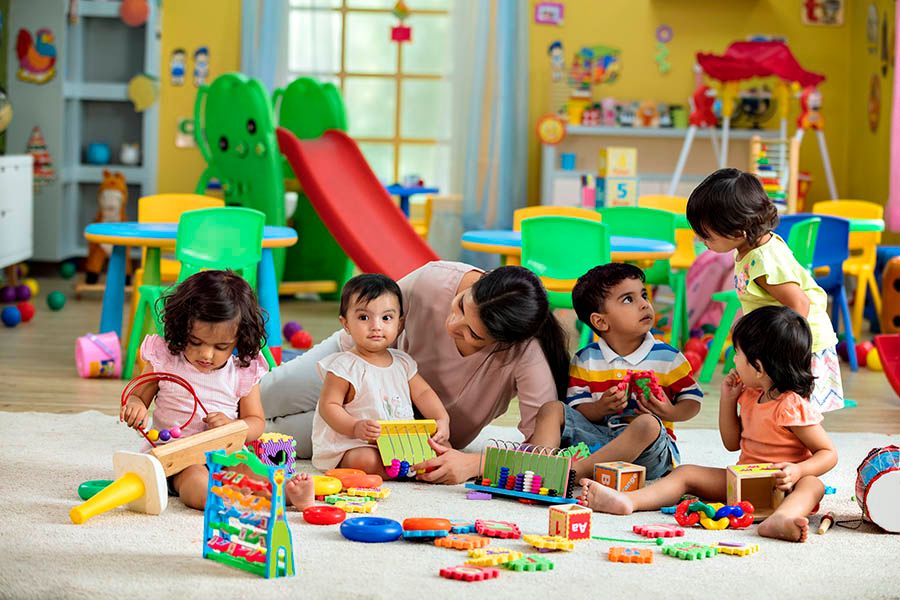
Image Source: Google
Preschoolers are at a crucial stage of development where they are like sponges, absorbing everything in their environment. One of the most effective ways for young children to learn and grow is through play. Play is essential for their cognitive, social, emotional, and physical development. If you are looking for the best preschool in Sacramento then visit this website.
The Benefits of Play for Preschoolers
Play is not just a way for children to pass the time; it is a fundamental aspect of their learning process. Here are some of the key benefits of play for preschoolers:
1. Cognitive Development
- Play helps preschoolers develop essential cognitive skills such as problem-solving, decision-making, and critical thinking.
- Through play, children learn to use their imagination and creativity, which are important for their overall cognitive development.
2. Social Development
- Play allows preschoolers to learn important social skills such as sharing, taking turns, and collaborating with others.
- Children also learn empathy and communication skills through play, as they interact with their peers in various pretend scenarios.
3. Emotional Development
- Play helps preschoolers express their emotions and understand the emotions of others.
- Through play, children can work through challenging situations and learn to regulate their emotions effectively.
4. Physical Development
- Play allows preschoolers to develop gross motor skills through activities such as running, jumping, and climbing.
- Fine motor skills are also honed through play, as children engage in activities that require hand-eye coordination and dexterity.
The Role of Play in Early Childhood Education
Play-based learning is a cornerstone of early childhood education, as it provides a holistic approach to teaching and learning. Here are some ways in which play is integrated into the preschool curriculum:
1. Play-Based Activities
- Preschool teachers design a variety of play-based activities that stimulate children's curiosity and imagination.
- These activities can include pretend play, building blocks, art projects, and sensory exploration.
2. Learning Through Play
- Children learn best when they are actively engaged in hands-on activities that are meaningful and relevant to their lives.
- Play allows preschoolers to make connections between their prior knowledge and new concepts, fostering a deeper understanding of the world around them.
3. Play Environments
- Preschool classrooms are often designed to be interactive and engaging, with different play areas for various types of play.
- Outdoor play spaces are also essential for children to engage in physical activities and connect with nature.
Encouraging Play at Home
Parents play a crucial role in fostering their child's love for play and learning. Here are some tips on how to encourage play at home:
1. Provide Open-Ended Toys
- Open-ended toys such as building blocks, dolls, and art supplies allow children to use their imagination and creativity.
- Avoid toys that are too structured or limit children's creativity.
2. Create a Play-Friendly Environment
- Designate a play area in your home where children can engage in various activities without restrictions.
- Ensure that the play area is safe, comfortable, and free from distractions.
3. Play Together
- Engage in play with your child to strengthen your bond and facilitate learning through shared experiences.
- Follow your child's lead and let them take the lead in determining the play activities.
Conclusion
Play is a powerful tool for preschoolers to learn and grow in all aspects of their development. By embracing play-based learning both at school and at home, we can help children thrive and reach their full potential. Let's unlock the power of play and watch our preschoolers blossom into confident, creative, and curious learners.
